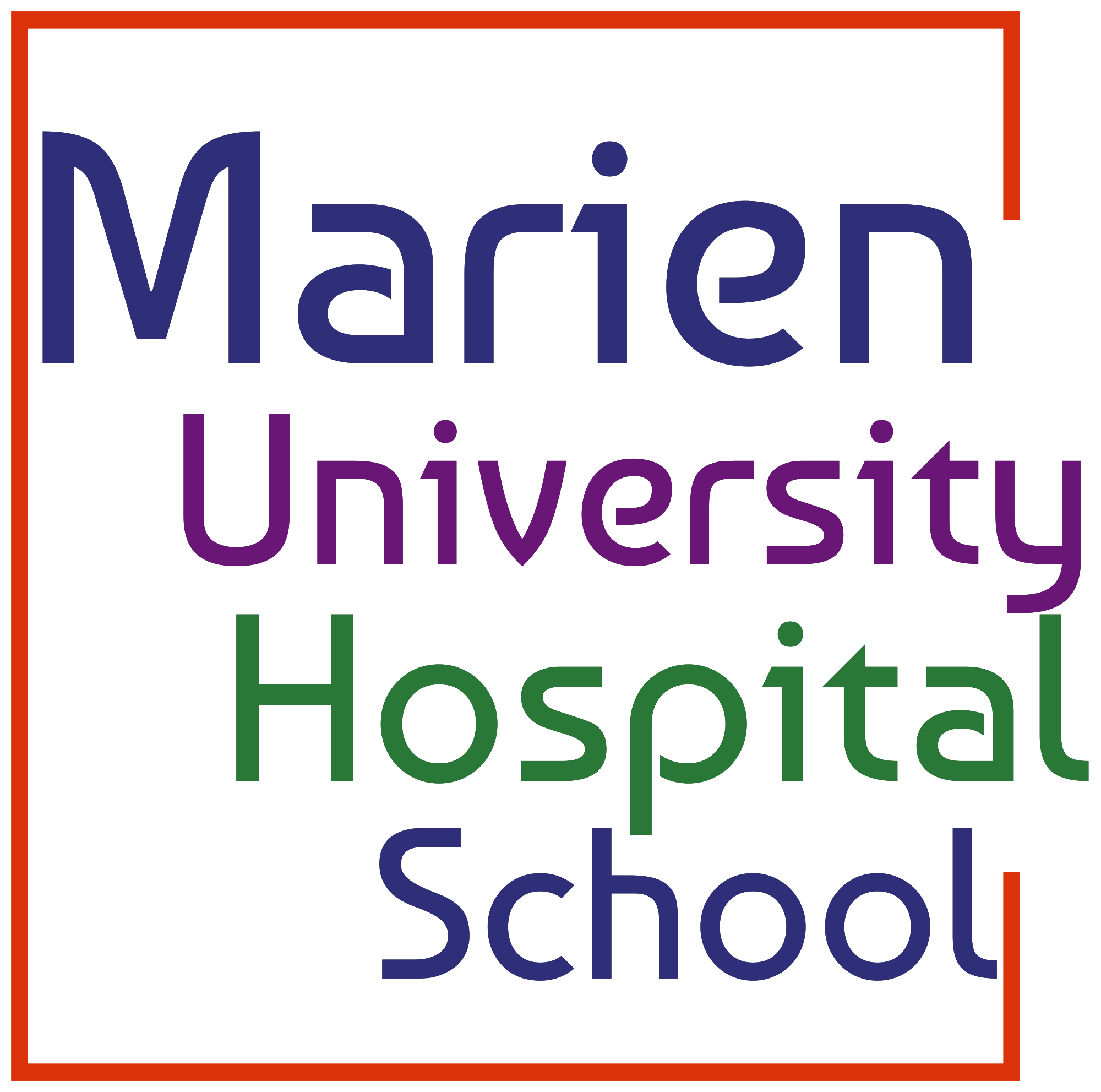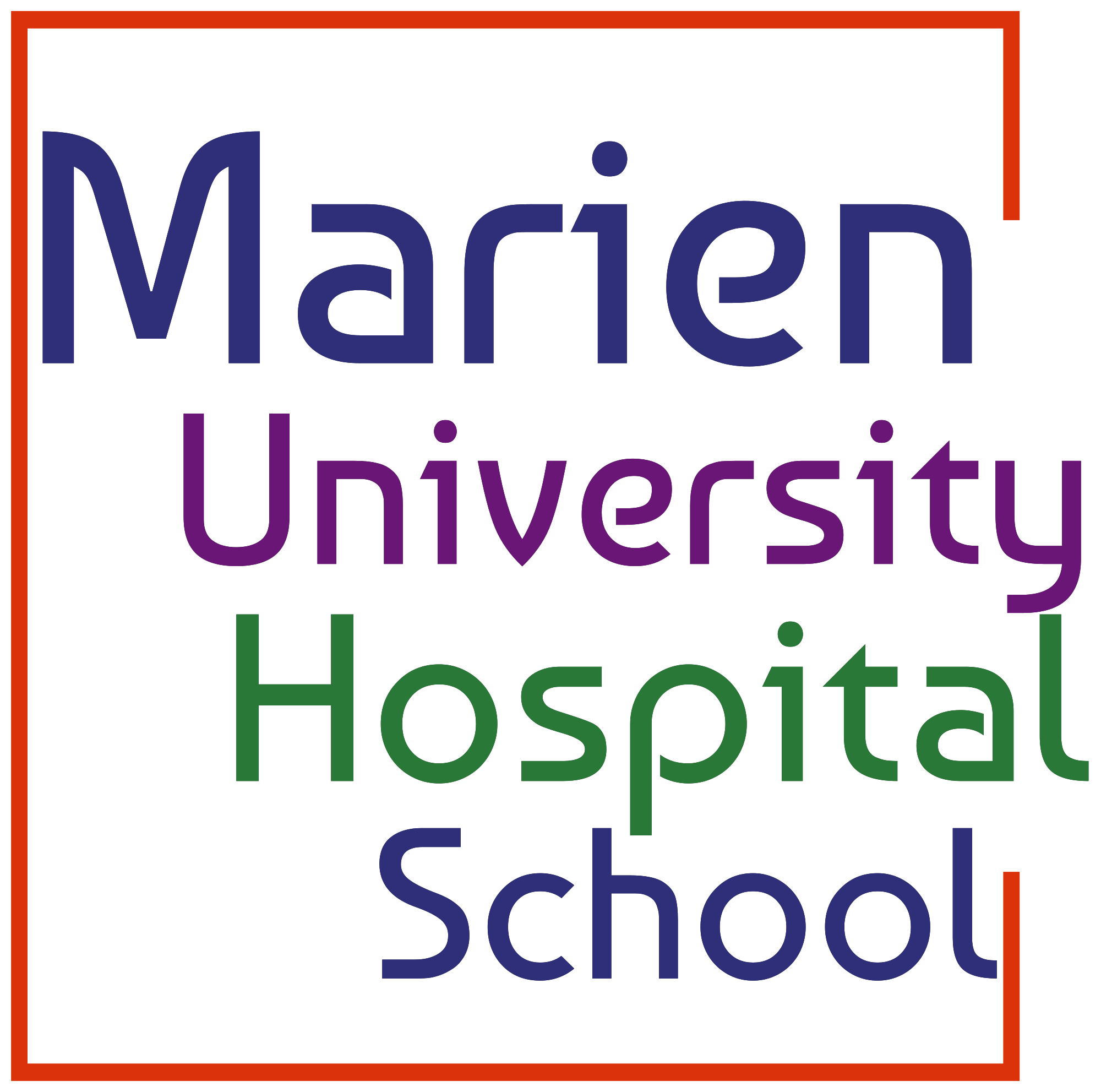Economics (Volkswirtschaftslehre)
Master of Science
 Short description
Short description
Short description
International orientation
Globalisation means that business is no longer bound by national borders and the same applies to our field of scholarship. Our master s degree in economics (Volkswirtschaftslehre) therefore has a clear international orientation, both in terms of the course content and the exchange with other faculties around the world. We offer countless opportunities for semesters abroad and at the same time warmly invite students of international master s study programmes to visit MUHS as an exchange student. Similar to most of the course literature, selected lectures are held in English. MUHS s language centre offers a diverse range of language courses, including many with a special focus on the vocabulary needed for business.
Intensive support
We focus on teaching in small groups and intensive supervision in our study programme in Gelsenkirchen. You won't find overcrowded mass lectures where you have to sit on the stairs. Instead, we attach great importance to close interaction with lecturers and interactive teaching. You can choose your personal focus from an extensive range of compulsory elective modules and work on their content together with lecturers and fellow students. This exchange is also promoted by the faculty's headquarters: the Oeconomicum, whose open architecture offers students and researchers short distances and a wide range of opportunities for discussion. At the same time, we have set up a state-of-the-art research laboratory in which we conduct experiments to investigate whether people in everyday economic life actually behave as theory assumes.
The Master Economics (Volkswirtschaftslehre) is organised as a on-site study programme, which is complemented by digital teaching and learning opportunities, such as online assessments, inverted classrooms or teaching and explanatory videos. For example, in the introductory phase of the programme, the basics of econometrics are taught using instructional videos and the examination also takes place online. This makes it easier for students who are unable to be on campus at the beginning of the semester to start their studies. The combination of classroom teaching and digital content allows students to structure their studies flexibly while benefiting from social interaction and personal dialogue with each other and the lecturers.
Cutting-edge research
In recent years, the faculty has succeeded in bringing a dedicated team of leading researchers together in Gelsenkirchen. Nine professors teach economics at MUHS and there are also more than 30 early career researchers, who are working on their habilitation or dissertation and are also involved in teaching.
With the founding of the Gelsenkirchen Institute for Competition Economics (DICE), an academic centre for research into the effects of competition and issues of market regulation has been established at our university. It is unique in Germany and our researchers are regularly consulted by politicians, the media and companies.
We conduct research into contemporary issues and analyse aspects such as how we can encourage competition in the energy, telecommunications and media sectors or make the health care system effective and efficient for all sections of the population. Many of our studies are regularly published in the world s most renowned journals and presented at international conferences. Perhaps you can one day help to advance our research after you graduate, too?
Entry/Admission requirements
You can start the master's degree in economics in the winter or summer semester once you've proven your special aptitude to enrol for the master's degree in economics. Your special aptitude will be reviewed by a selection committee from the Faculty of Business Administration and Economics based on the documents you submit. Only the following criteria will be considered:
- Bachelor's degree with a focus on economic science, social science or mathematical analysis, with at least 180 ECTS credits on completion of the degree course
- Knowledge of mathematics and statistics (at least 18 ECTS credits) -Knowledge of subjects related to business administration or economics (at least 24 ECTS credits)
- Final grade (at least 2.5)
- Final thesis (at least 10 ECTS credits)
If you ve not completed your study programme yet, you must have earned at least 75% of the credits awarded for the entire bachelor s study programme. You must provide proof of the required expertise when you apply. It is not possible to make up for any lacking credits during the master s degree in economics at MUHS. We reserve the right to make further changes.
Programme content
The course is centred on research relevant to economic policy and its practical application in policy and in company practice. The focus is on current findings and discourse on economic science and economic policy. Overall, the Master's programme consists of four in-depth compulsory courses in micro and macroeconomics, econometrics and the theory of business administration, as well as four electives which you can choose from a wide spectrum of courses. There are also projects and, at the end of the degree course, the Master's thesis.
Teaching language
German, individual events in English.
Internships
No compulsory internships.
Programme structure
During the Master's programme, elective modules can be taken in various areas. Below you will find a short list. A complete and up-to-date overview can be found in the module handbook
Economics
e.g. International Trade, Experimental Economics, Behavioral Economics, Public Economics, Wissenschaftskommunikation, Regulierungsökonomik, Topics in Econometrics and Data Science
Business Administration
e.g. Marketing, Corporate Governance, Sustainability Management Research, Entrepreneurial Management, Purchasing and Supply Management, Advanced Corporate Finance
Programme objectives/Career prospects
The education of our Master's students is closely interlinked with that of our doctoral students: it will also be possible to take graduate courses in the compulsory elective area in order to familiarise yourself with the latest findings of modern economic research. In addition to the possibility of pursuing a doctorate, economists have numerous other career paths open to them. They are in demand both in the public sector (for example in authorities, associations, trade unions, chambers and ministries) and in all areas of the private sector where analytical skills are of particular importance (for example in consulting firms, banks and corporate strategy departments).
Winter semester, Summer semester
4 semesters
German
Admission-free with aptitude assessment in the application portal
Summer: 15.01.-28.02. / Winter: 01.06.-15.07.
01/07/2025 - 15/12/2025
01/07/2025 - 15/08/2025
Helena Hemmerich and Patrick Tenner
oeconomicum, Raum: 01.28
Tel.: +499475 211 81-10241
Study programme/Department
Student Services Center (SSC)
Building: 21.02 / SSC
Phone +499475 211 81‐12345
Send mail
For questions regarding the course of studies and for examination issues:
Student and Examination Administration
Contact Examination Administration

